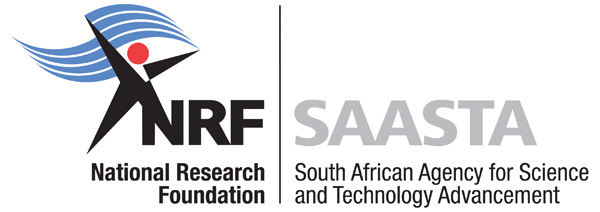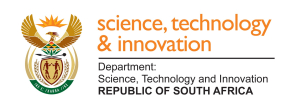Operating model
A science shop under the SES will be driven by a “grantmaker-grantseeker model”, where –
(a) SAASTA as the grantmaker defines the grant conditions for community-based research grants and issue grant alerts targeting local public universities;
(b) local public universities as grantseekers respond to community research projects grant alerts (published by the grantmaker) through a collaborative research proposal between a university and a community or civil society;
(c) the grantmaker, upon assessing community research proposals submitted by grantseekers awards grants to qualifying community-based research proposals; and
(d) the grantmaker and the grantseeker enter into a grant funding agreement for a particular community-based research project. Because of the adopted project approach, each awarded grant will constitute an undertaking that comes to an end upon the release and dissemination of the research report.
Project scope
The criteria for assessing the community-based research grant applications are not included in this document as they may change from time to time. Nonetheless, the applicable assessment criteria will accompany each invitation for proposals. Of importance at this stage is to clearly define the community-based research parameters of a science shop under the SES:
(a) Nature of community-based research
The community-based research that qualify for the DSI-funded science shop should serve any of the following purposes:
i. clarify challenges or problems being experienced by a community, including the extent of the challenge or problem;
ii. clarify or establish likely impact of a policy or project decision on a community;
iii. seek a solution or minimising a negative impact on a community of a policy or project decision and authorities’ dereliction of duty; and
iv. enhance a community’s understanding and awareness to enable a community to meaningfully participate in public hearings that are part of project decisions and public involvement in law-making, oversight and other processes of Parliament as provided for by South African Constitution.
(b) Eligible disciplines
The subject scope of the community-based research will be based on the science definition adopted by the SES, where the strategy embraces a broad understanding of “science” and “the sciences”, encompassing systematic knowledge spanning natural and physical sciences, engineering sciences, medical sciences, agricultural sciences, mathematics, social sciences and humanities, technology, all aspects of the innovation chain and indigenous knowledge
(c) Number of allowable proposals per university per funding cycle
A university will be allowed to submit a funding proposal on a single research topic in each funding cycle. In the event of a university having more than one proposal to submit, it remains a responsibility of that university to apply its own criteria to prioritise a proposal for immediate submission.

 The South Africa Agency for Science and Technology Advancement (SAASTA) is a business unit of the
The South Africa Agency for Science and Technology Advancement (SAASTA) is a business unit of the 